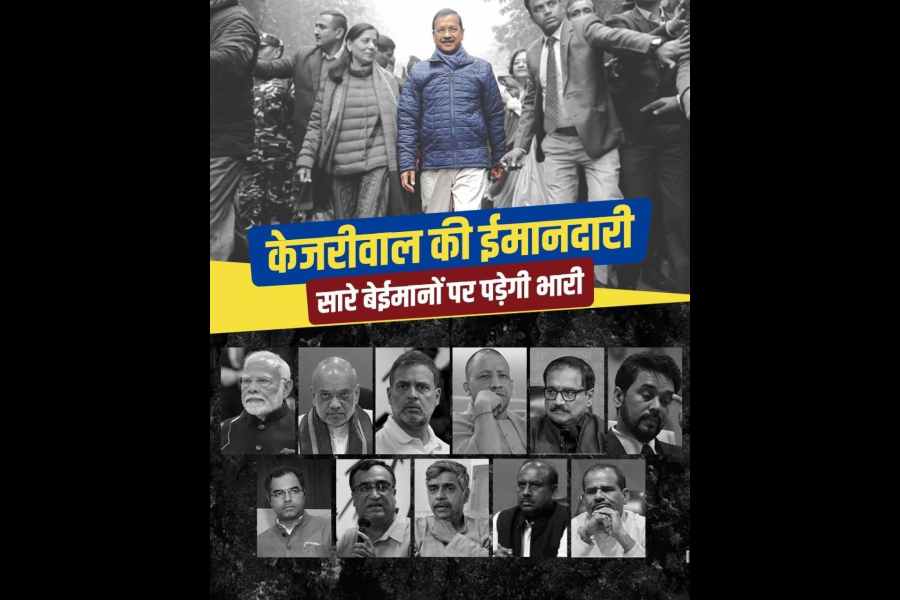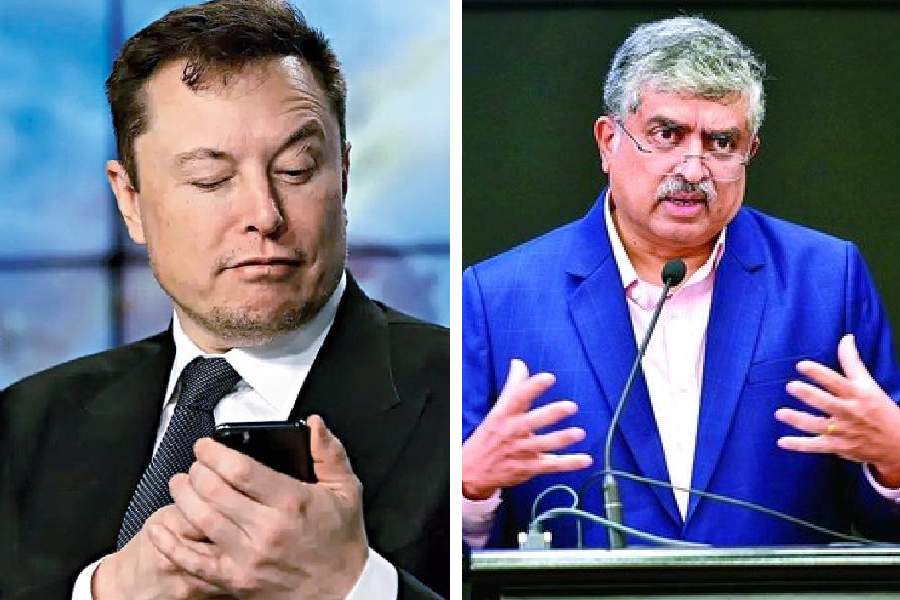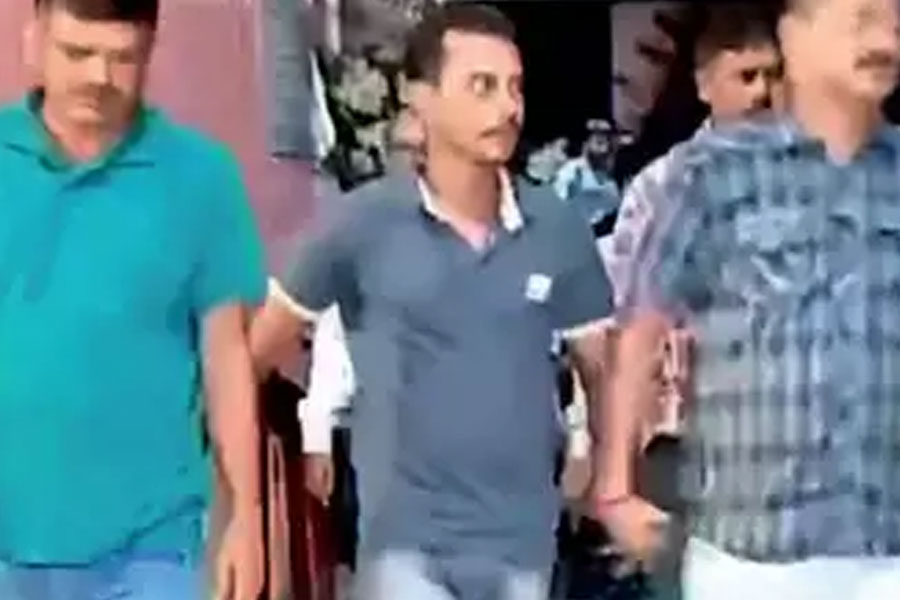Patients’ rights advocates on Friday accused the Centre of reneging on its constitutional obligation to protect life and health after it told a court that patients with rare disorders such as spinal muscular atrophy (SMA) could rely on crowdfunding for treatment.
The Centre’s affidavit in Kerala High Court, responding to a 24-year-old SMA patient’s petition, has ignored appeals to invoke provisions in patent laws to facilitate access to affordable SMA treatment, the patients’ rights advocates have said.
The petitioner had sought the court’s intervention in nudging the Centre into invoking those laws to facilitate the local manufacture of generic versions of a patented medicine called risdiplam used to treat SMA.
Roche, a Swiss pharmaceutical firm, has a patent on risdiplam in India until 2035. The petitioner had told the court that the patented medicine costs ₹72 lakh per year, which results in “the denial of access to this life-saving medicine to SMA patients”.
The Centre’s affidavit, submitted on January 21, has noted what it has described as the “exorbitant cost” of treatments for some rare diseases, including SMA. It also said: “In resource-constrained settings, it is crucial to balance the competing interests of public health in order to achieve the optimal outcomes for the resources allocated.”
The Centre said the National Policy for Rare Diseases 2021 had allocated ₹50 lakh per patient and over 3,000 patients had registered for treatment, which could cost between ₹50 lakh and ₹8 crore annually per patient. Citing resource constraints, the Centre has proposed filling the funding gaps through crowdfunding and urged state governments to support the treatment of rare diseases, citing health as a state subject.
“The ministry’s affidavit is conspicuously silent on the available pathway for inexpensive generic medicines,” said Kappoori Gopakumar, apublic health lawyer in New Delhi.
“The petitioner had sought the Centre’s action to invoke provisions in patent laws and allow local pharma companies to make inexpensive generic versions of risdiplam. The affidavit notes the exorbitant cost of the medicine, but doesn’t say a word about this option,” Gopakumar said.










